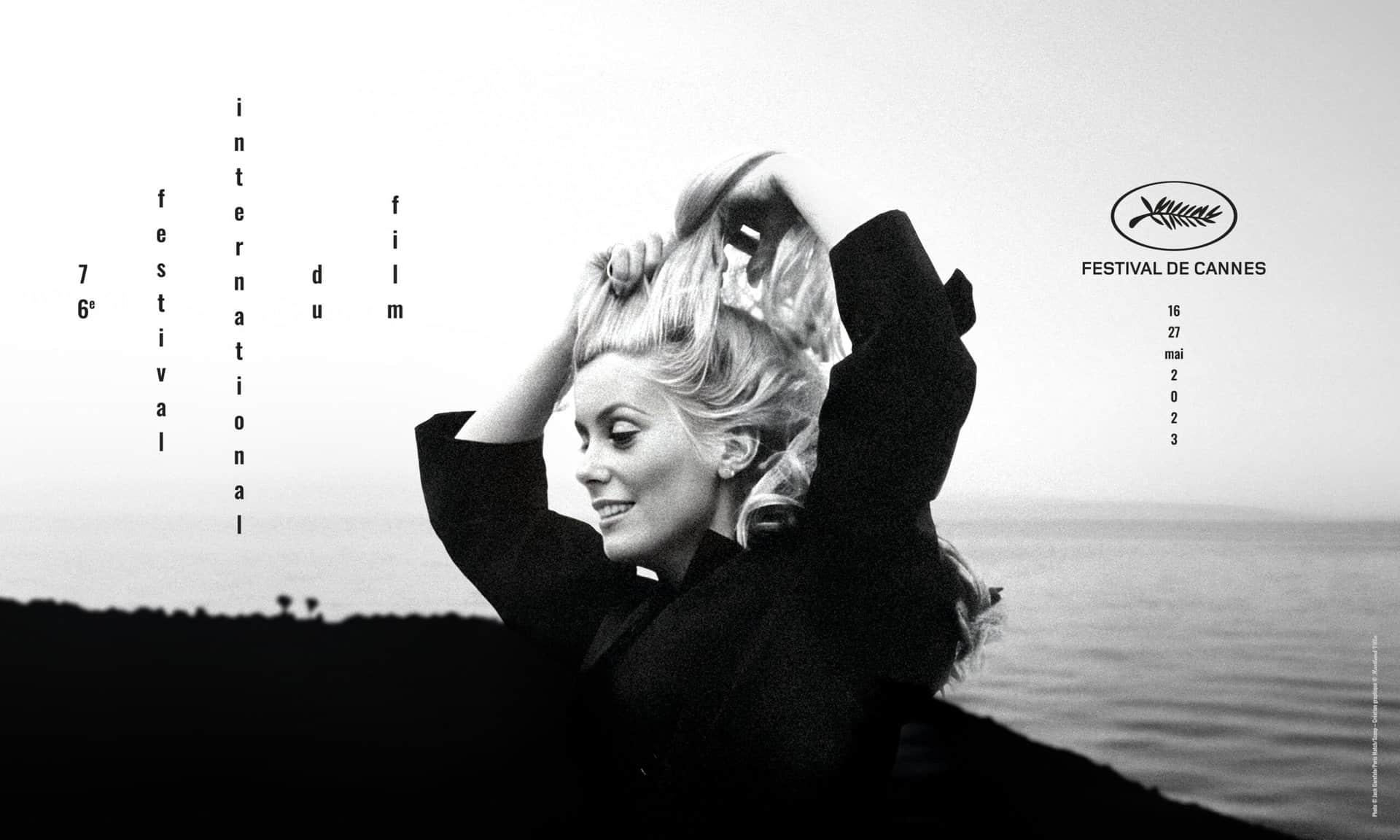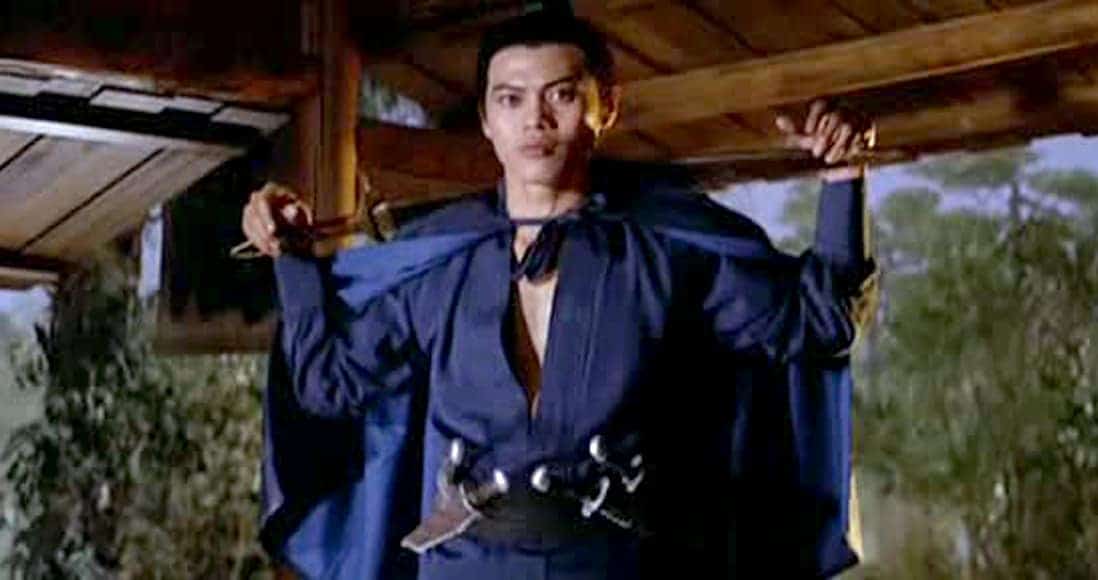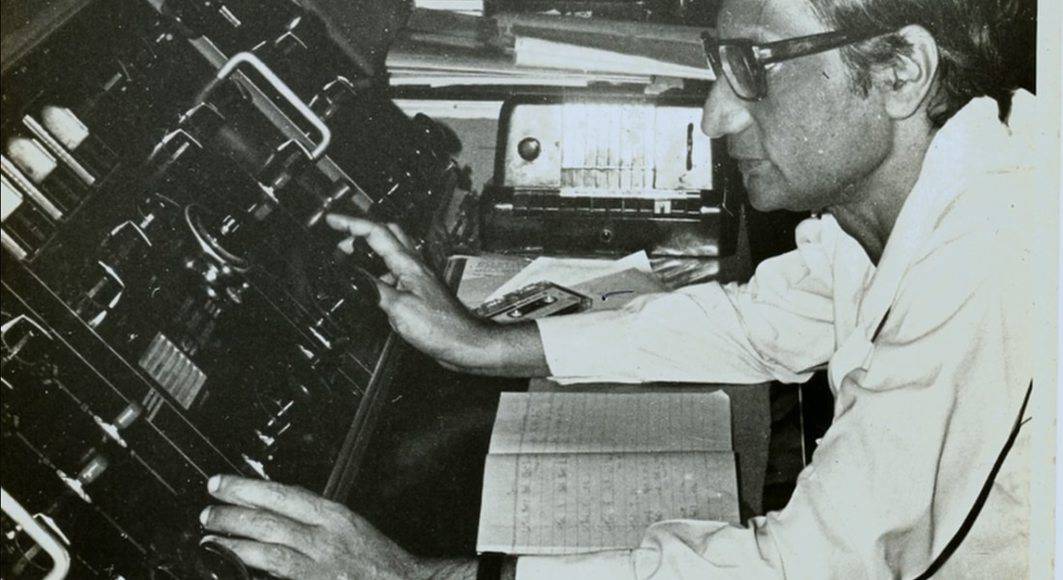By Khushi Jain
A police noir set in the black and bribable nights of Mumbai, Anurag Kashyap's 27th feature “Kennedy” is a shoddy portrait of a cop turned contract killer. Premiering at a Midnight Screening at the 2023 Cannes Film Festival, the film is Kashyap's hasty pandemic project that would have greatly benefitted from some ruthless rewriting and nuanced acting.
Kennedy is screening at Cannes
Uday Shetty a.k.a. ‘Kennedy' (Rahul Bhat) is an ex-cop, deceased on paper, now working as a hitman for probably the most corrupt police chief of them all, Rasheed (Mohit Takalkar), who capitalizes on this walking-dead-ness, making Kennedy clean all his messes. And thus, Kennedy wanders the roads of Mumbai at the height of the pandemic killing people left, right and center. This blunderous mixture of tragic anti-hero and twisted psychopath takes pleasure in fatal violence and relishes loss of life. But that's not all. This is only Kennedy's side hustle, he is actually (and somewhat discreetly) on the hunt for Saleem, a gangster responsible for his son's death. The film opens with a murder in a posh apartment complex, which triggers a series of events seminal for Kennedy, recounted in five nights and culminating in a chaotic and dysfunctional finale.
Follow our coverage of Hindi films by clicking on the image below
The narrative is driven by its titular character. The moody, angry and silent type, Kennedy is a big man with a beard that needs shaving. His trajectory from the khaki uniform to the tailored suits of his victims is not a trajectory at all; there is no identifiable change in his person other than a dire need for revenge, there is no before and after. Unfortunately, this fossilized tendency is something that Bhat adapts in his portrayal as well, doubly damning the character. His performance is plain and artless, which becomes particularly irritating in moments of emotional intensity. The singular element of interest are the ghosts of the murdered who perpetually haunt him. Opposite him, Sunny Leone plays Charlie, a weak whisky-soaked femme-fatale female lead. Her plastic squeamish giggles present her with an opportunity to shine as more than a mere object of titillation.
The weakness of Kennedy's character is all pervasive and infects the whole film. His confusion and sterility mean that the narrative doesn't have enough drive, and none of the other characters (maybe Charlie is an exception) are attractive enough to carry the movie.
But Kashyap's character-sketch film is not without strengths. Sylvester Fonseca's cinematography works its magic to bring a dark and despicable world to life. Although his camera maintains a safe distance from the blood, bullets and bashings, he plays with the lack of light and visibility to create an atmosphere seeped in bleak brutality. His scenes of grisly violence are adorned with Tchaikovsky's compositions (recorded by the Prague Philharmonic Orchestra) resulting in an urgent and provocative contrast. The film's music is composed by Aamir Aziz and Raghav Bhatia, and dominated by a pastiche of rap, hip-hop and nightclub scintillation. Aziz is also responsible for writing and reciting the poetic voice-over, which is rich and rhythmic, and overflowing with the complexity that Kennedy should have ideally possessed.
‘Bata kitne qatl kiye tune, bata kitna maza aya. Kitne sikkon main bechein murde, bata kitna kama laya.' How many did you murder, how much did you enjoy? What was the price of the corpses, how much did you earn? the poet-narrator asks in this regularly repeated couplet. Conceptually, the bloodthirsty darkness of Kennedy, coupled with his familial vengeance, is captivating but its execution is preliminary. Kashyap's “Kennedy” succeeds at painting a fairly thrilling corrupt cop ecosystem but Kennedy himself is a first draft at best.

















